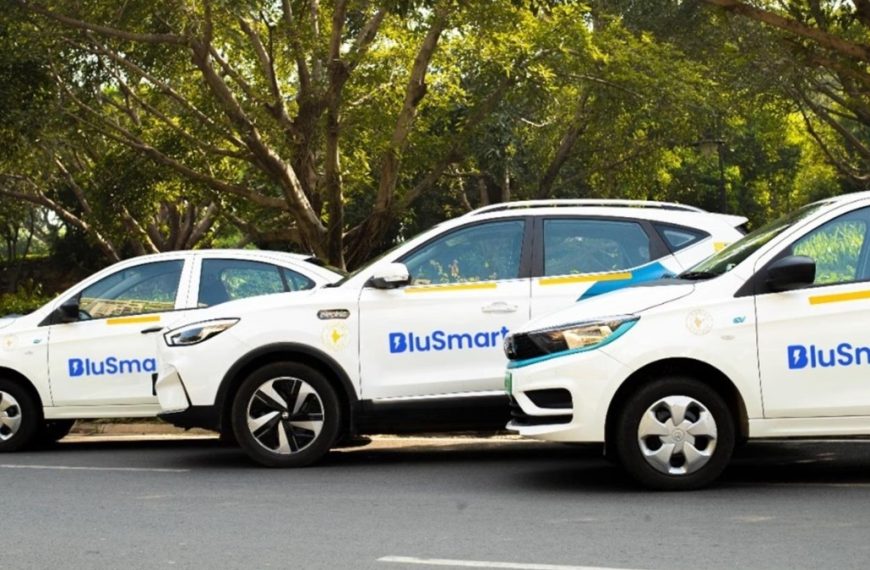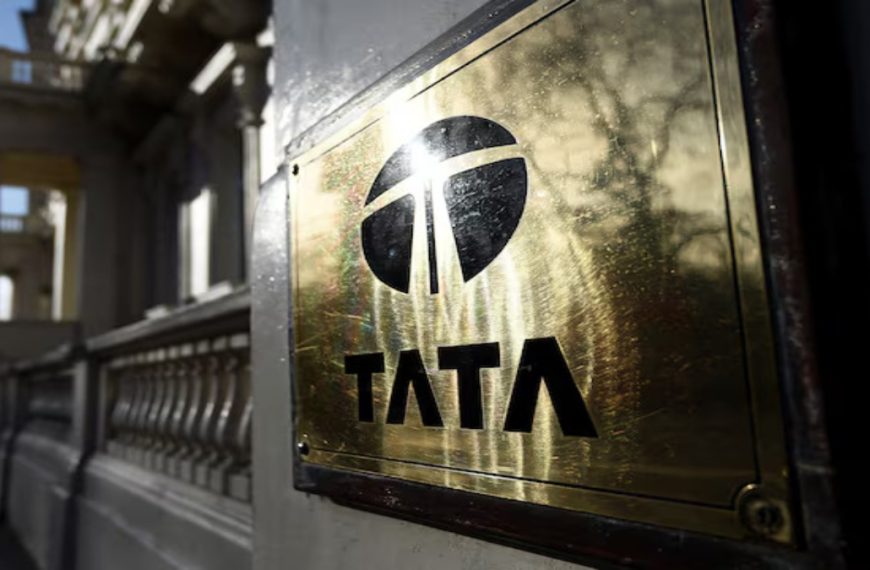In the latest financial quarter, HCLTech’s performance fell short of analysts’ expectations, highlighting a trend of subdued growth among India’s leading IT service providers. This disappointing outcome stems from various factors, including seasonal fluctuations, decreased discretionary spending, and broader economic uncertainties, particularly in the United States. As global economic challenges loom, companies are increasingly cautious, with all major players offering conservative forecasts for FY26.
HCLTech’s Revenue Guidance Outshines Peers
Despite missing revenue and profit estimates, HCLTech’s outlook for FY26 stands out positively within the industry. The company anticipates a constant currency revenue growth of 2% to 5%, a notable projection given the rising tariffs and global market fragmentation. HCLTech also aims to retain its EBIT margin guidance between 18% and 19%.
C. Vijayakumar, CEO of HCLTech, remarked, “We anticipate that discretionary spending will remain low in the current environment. Factors like tariffs and de-globalization are likely to affect IT services significantly. Monitoring these developments will be crucial in the months to come.”
Mixed Results in Operating Margins
In the recent quarter, HCLTech reported a 160 basis point decline in operating margins, now at 17.9%. The company’s net profit fell by 6.2%, totaling Rs 4,307 crore, which was lower than the market’s expectations of Rs 4,339 crore.
On a positive note, HCLTech experienced a sequential rise in deal wins, pushing the total contract value to nearly $3 billion, up from $2.1 billion in the previous quarter. Vijayakumar noted the increasing role of Generative AI (GenAI) in their deals, stating, “GenAI is becoming integral to nearly every contract. Although one significant deal faced a last-minute delay, our deal pipeline is at an all-time high.”
Industry-Wide Caution
While HCLTech and its peers reported revenue growth for Q4FY25, most results fell short of market predictions. Profitability was mixed: while Infosys and Wipro recorded sequential increases, TCS and HCLTech faced declines.
Looking forward, the sector’s guidance for FY26 remains cautious. TCS expressed optimism about the long-term outlook but provided a conservative forecast. Conversely, Infosys projected a growth range of only 0% to 3% in constant currency for FY26, a significant drop from the 4.5% to 5% guidance for FY25. Wipro issued the most pessimistic forecast, predicting a 3.5% to 1.5% revenue decline in Q1FY26.
Key Takeaways on Client Behavior
The uncertainty surrounding client decision-making was a common thread in earnings calls across the industry. TCS mentioned project deferrals, while HCLTech and Wipro highlighted the repercussions of U.S. tariffs on sectors like manufacturing and retail. Infosys also pointed to a growing caution among clients regarding spending.
Despite these challenges, industry leaders agreed that the rise of Generative AI could offer some relief. HCLTech’s Vijayakumar emphasized, “GenAI is becoming a core element of nearly every deal,” underscoring the importance of AI in enhancing efficiency and reducing costs. Similarly, Infosys’s CEO, Salil Parekh, acknowledged the role of GenAI in improving client experiences and operational efficiencies.
Strong Deal Pipelines Persist
Despite the mixed results, the deal pipelines for many companies remain robust. TCS reported an increase in total contract value (TCV) to $12.2 billion, compared to $10.2 billion in the previous quarter. Wipro secured 17 large deals valued at $1.8 billion, while Infosys signed $2.6 billion in large contracts, a slight rise from the previous quarter’s $2.5 billion.
TCS noted that, despite some delays in discretionary investments, all business sectors and major markets are witnessing growth, particularly in financial services. Infosys, too, reported a significant 12.6% year-over-year increase in the financial services sector, although other areas like retail and life sciences showed declines.
In summary, as the IT services sector navigates a landscape of economic uncertainty, the integration of Generative AI holds promise for future growth and efficiency, helping companies adapt to changing client needs.











